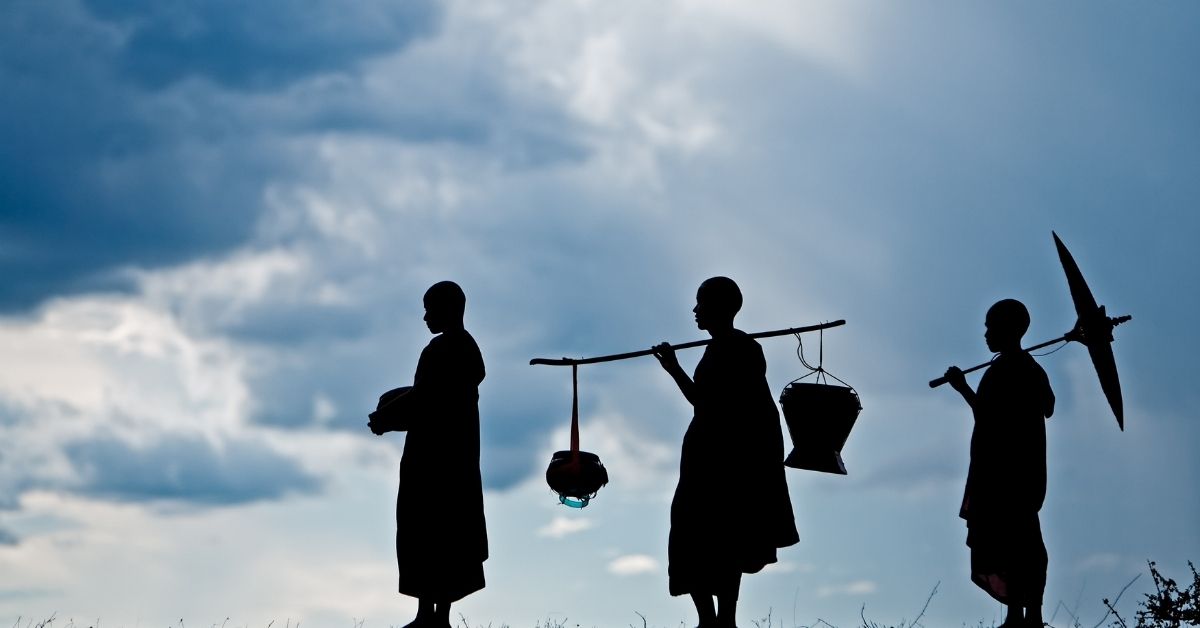Work That Shapes Us: A Labor Day Reflection on Purpose and Leadership
Welcome to the Leadership Vision Podcast, our show helping you build a positive team culture. Our consulting firm has been doing this work for the past 25 years, ensuring that leaders are mentally engaged and emotionally healthy.
As we pause this Labor Day to rest and reset, it’s a natural time to reflect—not just on what we do for work, but how and why we do it.
Labor Day was first observed in the United States in 1882, established to honor the social and economic achievements of American workers. While it has since become synonymous with the end of summer, the start of school, and backyard barbecues, its roots run much deeper. It’s about the dignity of work—and the people who do it.
This week on The Leadership Vision Podcast, I share a short reflection inspired by an unexpected source: the Benedictine monks.
While reading recently, I came across the ancient Benedictine motto:
Ora et Labora — “Pray and Work.”
Even outside its religious context, this phrase invites us to reconsider how we view our own work lives. Benedictine monks, followers of a 6th-century rule created by St. Benedict of Nursia, devote their lives to a balanced rhythm of prayer, labor, study, and rest. But it’s not the silence or the robes that struck me—it’s their holistic approach to work that feels especially relevant for modern leaders and team builders today.
Let’s break down what we can learn from their philosophy and how it might apply to our 21st-century reality.
1. Work Is Sacred
In the Benedictine worldview, no task is beneath you. Whether cleaning floors, brewing beer, roasting coffee, or harvesting crops, the work itself is a form of devotion. Even if you’re not spiritual or religious, this mindset reframes the mundane. Could we view our leadership meetings, inbox zero quests, and performance reviews as meaningful—not just necessary?
Recent Gallup research supports this finding: individuals who perceive purpose in their work report significantly higher engagement, well-being, and performance.
2. Work Needs Rhythm, Not Hustle
Monks follow a daily structure that includes work, prayer, reading, meals, and rest. There’s an intentional rhythm to their day that honors sustainability.
“It’s not about hustle or grind—it’s about sustainability and clarity.” – Nathan Freeburg, The Leadership Vision Podcast
This contrasts sharply with hustle culture, where burnout is often seen as a badge of honor. Leaders who build healthy rhythms—for themselves and their teams—create space for innovation, retention, and trust. Microsoft’s Work Trend Index notes that 53% of employees are more productive when given flexible, rhythm-based work schedules.
3. Work Is for the Common Good
In monastic life, each monk contributes according to their ability—for the benefit of all. The goal isn’t personal advancement, but communal flourishing.
How might our teams shift if we embraced this mindset? If success wasn’t measured solely by individual KPIs, but by how we serve the larger mission?
“Imagine a culture where everyone saw their role as essential to the whole—not in competition, but in contribution.”
4. Work Forms Us
Work isn’t just about getting things done. It’s about who we’re becoming. Benedictines believe that work builds humility, discipline, patience, and character.
Modern leadership research echoes this idea. In The Making of a Manager, Julie Zhuo writes:
“Every task is an opportunity to build the leader within you.”
Final Reflection
This Labor Day, take a moment. Step back from your to-do list and ask:
- What is my current relationship with work?
- Where could I build better rhythms of intention, balance, and meaning?
- How can I shape a team culture where work doesn’t drain, but forms and empowers?
We’re not monks. But maybe, just maybe, there’s wisdom in their way of seeing work—not as a grind, but as a path.
About The Leadership Vision Podcast
The Leadership Vision Podcast is a weekly show sharing our expertise in the discovery, practice, and implementation of a strengths-based approach to people, teams, and culture. We believe that knowing your Strengths is only the beginning. Our highest potential exists in the ongoing exploration of our talents.
Please contact us if you have ANY questions about anything you heard in this episode or if you’d like to talk to us about helping your team understand the power of Strengths.
If you’d like to be featured on the Leadership Vision Podcast, let us know how you are using Strengths and what impact it has made. Contact us here!





